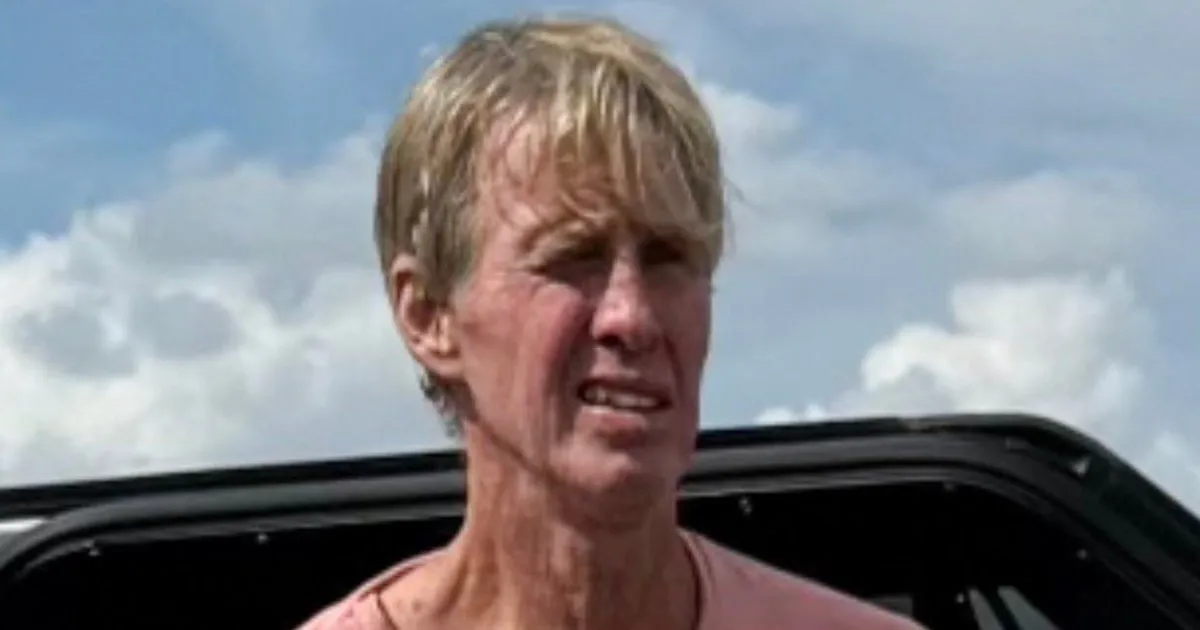
FORT PIERCE, Fla. — In a significant legal development, a Florida jury found Ryan Wesley Routh guilty on all counts of attempting to assassinate then-presidential candidate Donald Trump during an incident at a golf course last year. The jury's deliberation lasted just two-and-a-half hours, culminating in a verdict that also included Routh's guilt for assaulting a Secret Service agent and three federal gun charges related to the events of September 15, 2024.
The jury's deliberations commenced after Routh concluded his two-week trial, during which he controversially acted as his own attorney. In a brief and disorganized closing argument, Routh attempted to assert that he had not committed a crime because he never fired a shot at Trump. However, U.S. District Judge Aileen Cannon interrupted Routh just 12 minutes into his monologue, reprimanding him for disregarding her instructions to stay focused on the case at hand.
During the trial, Routh expressed frustration over not being able to call more witnesses to the stand. When he sought permission from Judge Cannon to have his public defenders, Kristy Militello and Renee Michelle Sihvola, complete his closing argument if interrupted again, she denied his request. Routh's argument hinged on the notion that merely possessing a weapon in the presence of another does not imply intent to harm. However, his attempt to draw parallels to the January 6 Capitol riot and various historical references prompted Judge Cannon to halt his remarks. In total, Routh spoke for about 42 minutes during his closing statement.
Routh, a 59-year-old resident of Hawaii and former supporter of Trump, faced serious charges including attempting to assassinate a major presidential candidate and assaulting a federal officer, alongside multiple firearm violations. Despite pleading not guilty, Routh now faces a potential life sentence if convicted of the most serious charge against him.
The prosecution, led by prosecutor Christopher Browne, delivered a compelling closing argument, stating that Routh had long planned to kill Trump. Browne highlighted a note written by Routh prior to his arrest, addressed "To the World," which explicitly stated, "This was an assassination attempt on Donald Trump." Browne emphasized that this case was not a mystery, urging jurors to consider Routh's own written words as evidence of his intent.
Throughout the trial, Routh's behavior frequently drew the ire of Judge Cannon. He was admonished multiple times for disrupting proceedings and for questioning witnesses in ways deemed irrelevant to the case. For instance, on Monday, Routh posed a question to his ballistics expert, Michael McClay, asking, "Does it take a special kind of person to be able to take another person’s life?" This query was promptly deemed inappropriate by the judge, who called for a break before addressing the matter further.
During the trial, federal prosecutors presented a total of 38 witnesses over seven days to establish Routh’s presence at the scene and the potential danger he posed to Trump. In contrast, Routh called only three witnesses, stating that he would not testify himself. When asked by Judge Cannon if he had thoroughly considered this crucial decision, Routh responded, "A year," indicating his long-standing deliberation over his defense approach.
Routh's arrest occurred when a Secret Service agent spotted him hiding in the shrubbery near the fifth hole of the Trump International Golf Club in West Palm Beach, allegedly waiting for Trump to enter his line of fire. Initially, Routh had clashed with his court-appointed attorneys, leading him to request self-representation. Judge Cannon reluctantly granted his request but insisted that the public defenders remain in the courtroom as a precaution.
This trial comes amidst heightened concerns regarding political violence in the United States, particularly following the recent murder of conservative activist Charlie Kirk on a college campus in Utah. The incident has intensified anxieties about the safety of political figures and the rising tide of violence in the political landscape.
Judge Cannon, who was appointed by Trump, is the same jurist who previously dismissed charges against the former president related to the mishandling of classified documents found at his Mar-a-Lago estate. This trial marks a pivotal moment in the ongoing discourse surrounding political safety and accountability in the United States.
Reporting from Fort Pierce was conducted by Juliette Arcodia, with additional coverage from Corky Siemaszko in New York City.